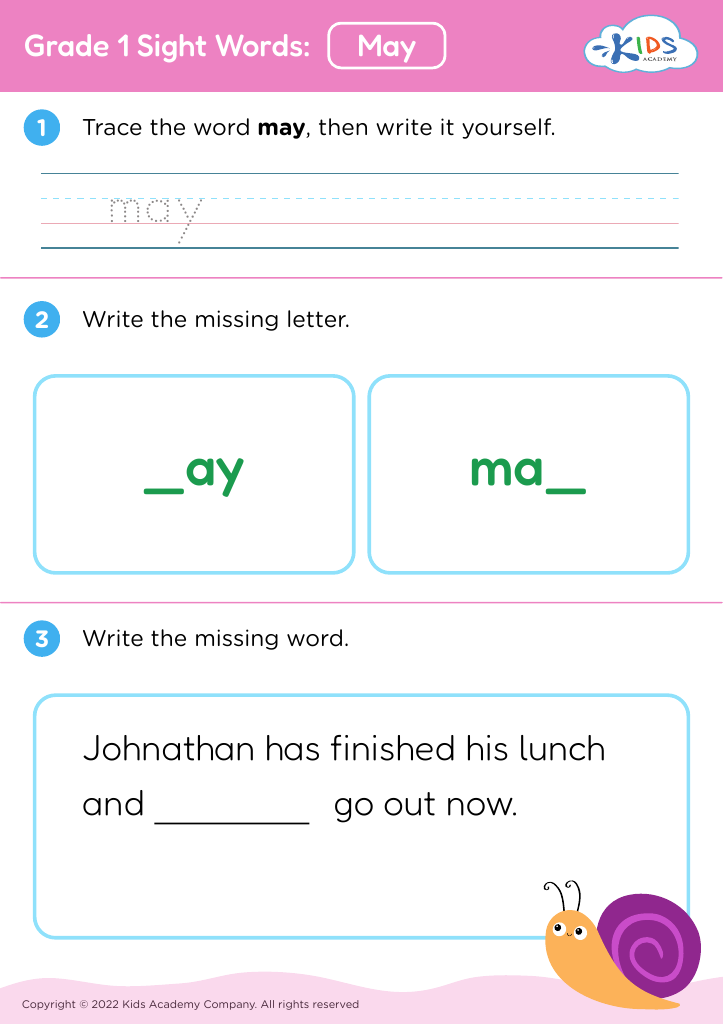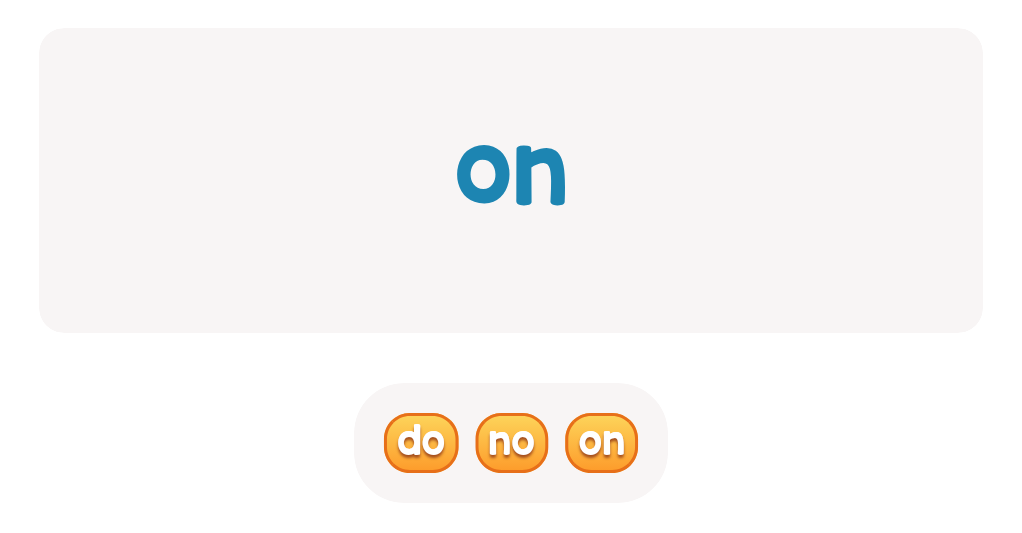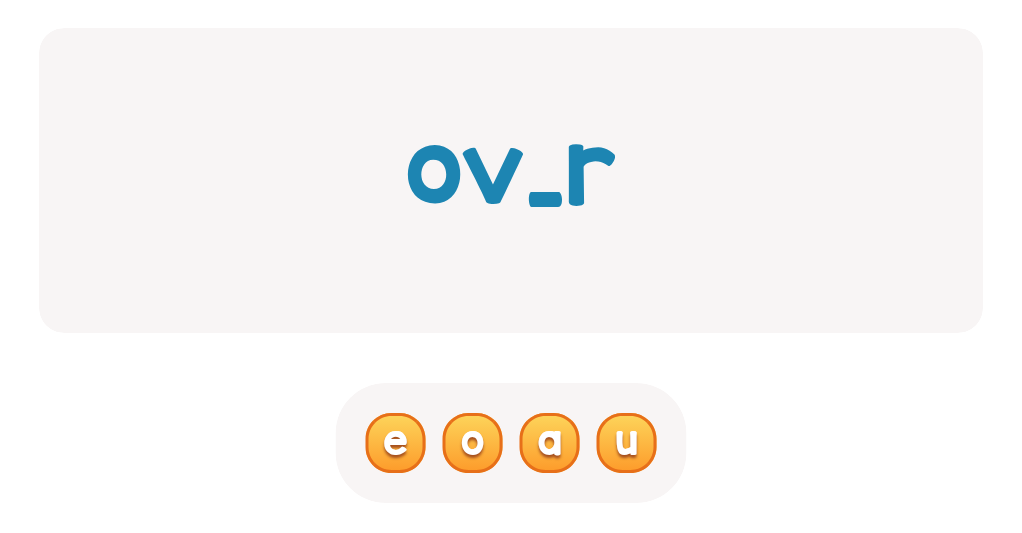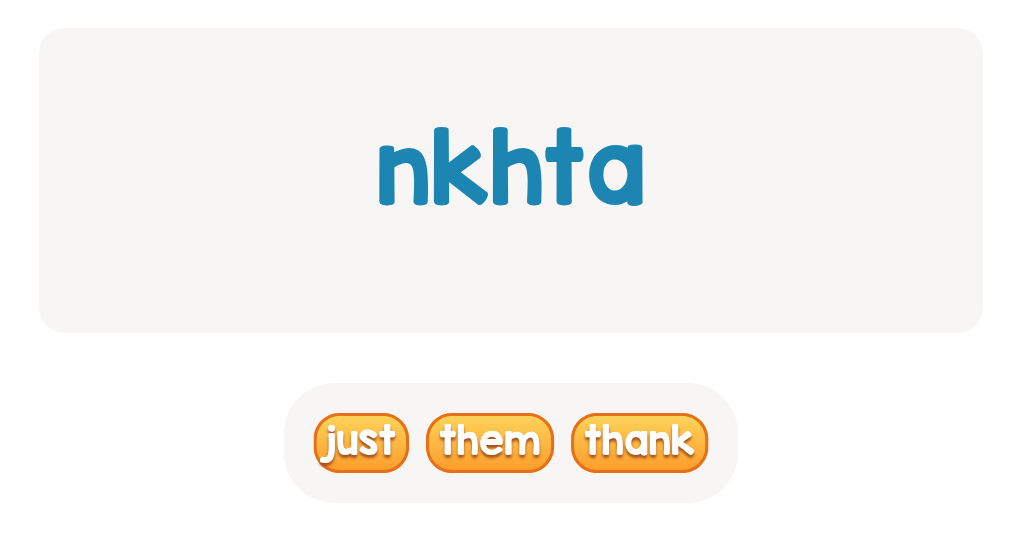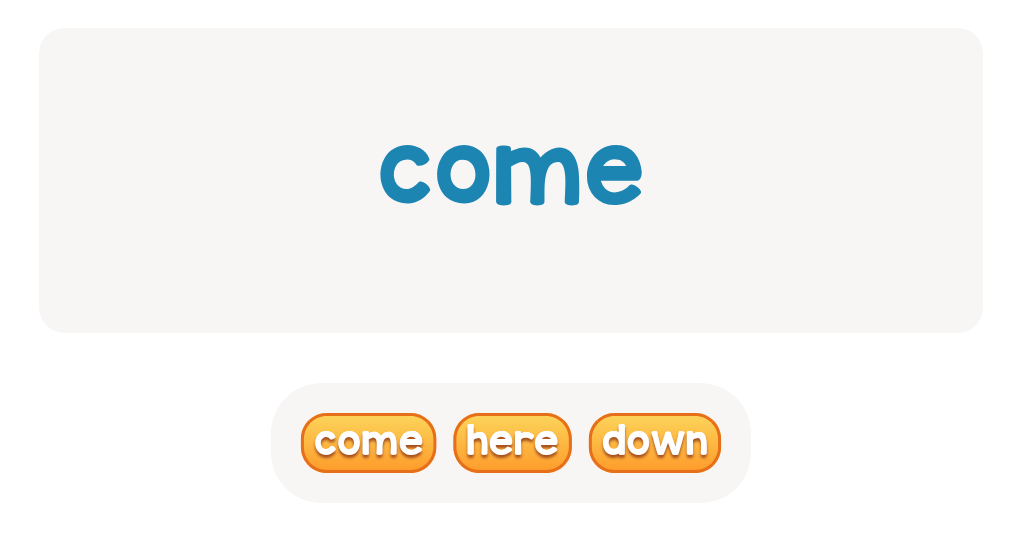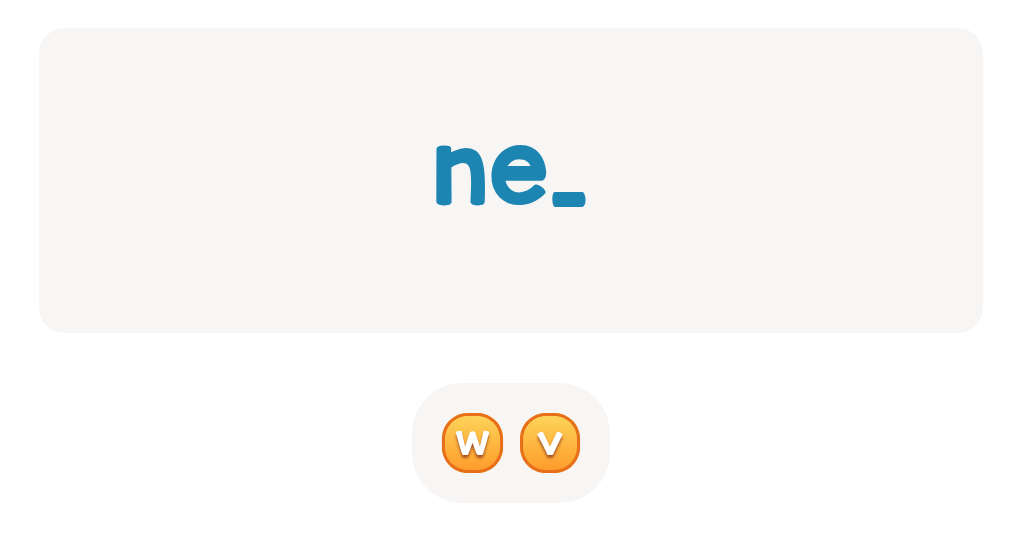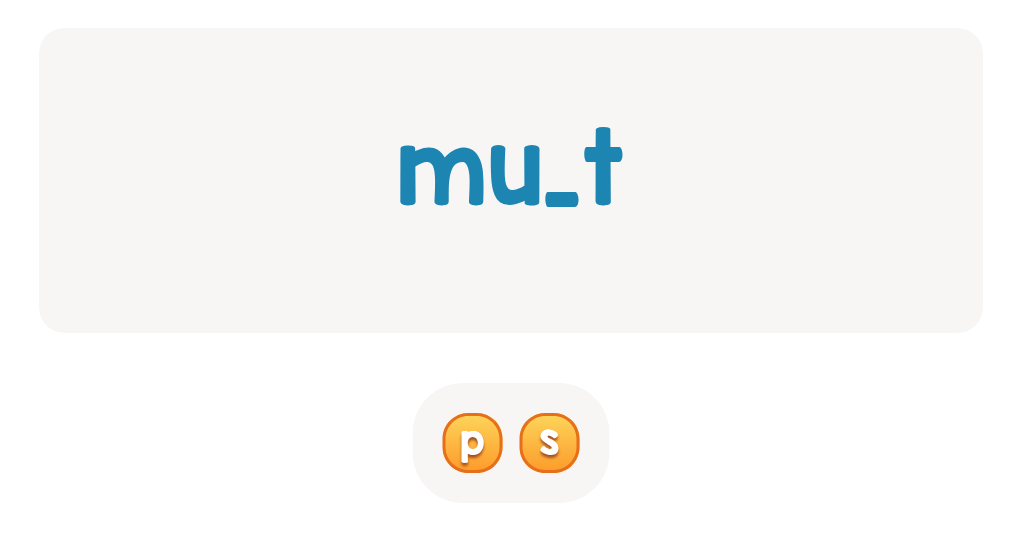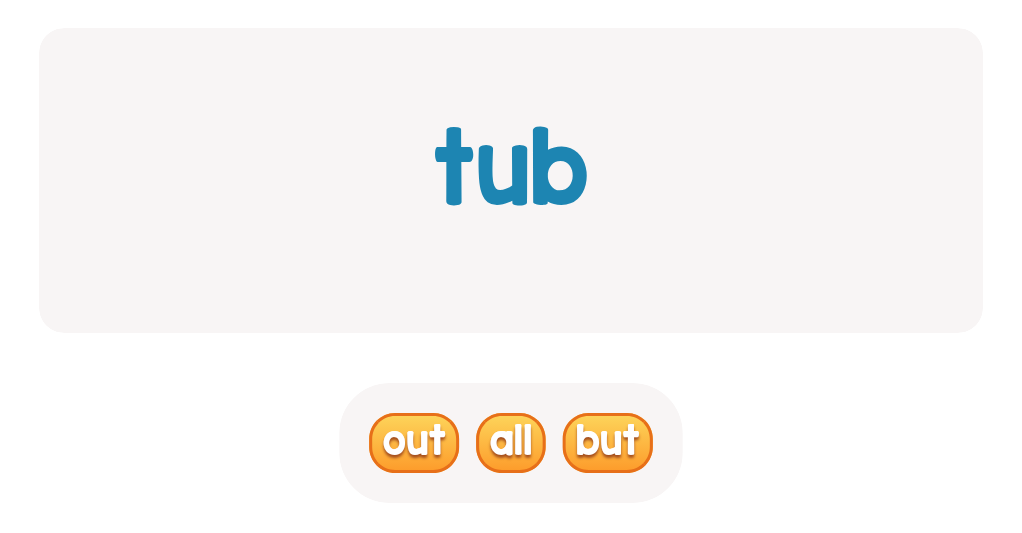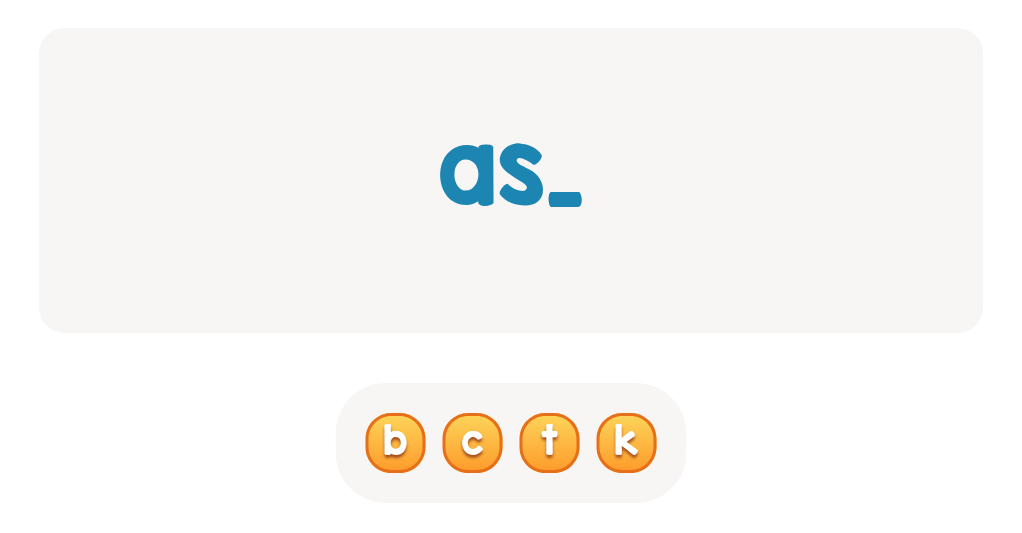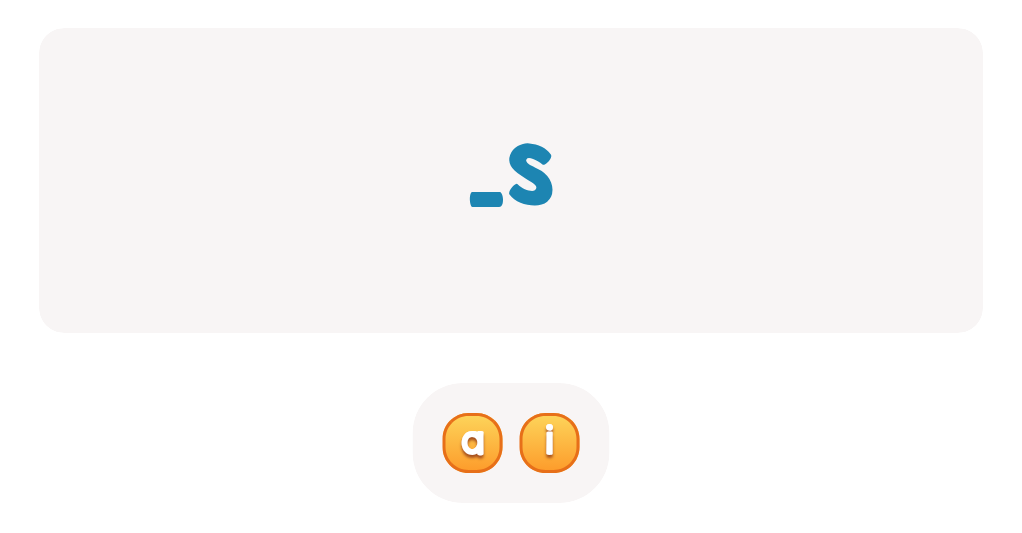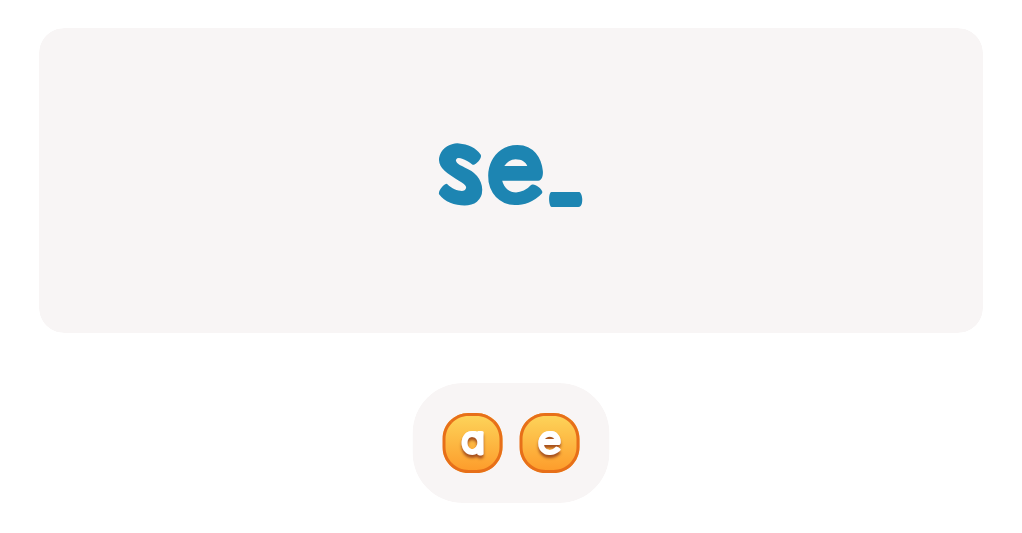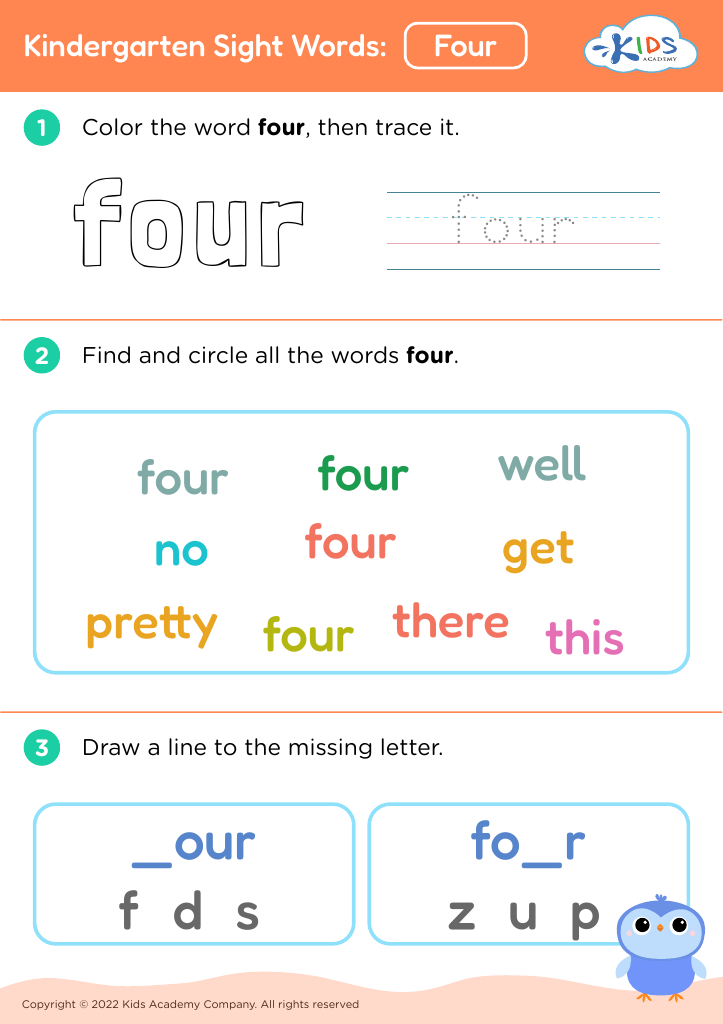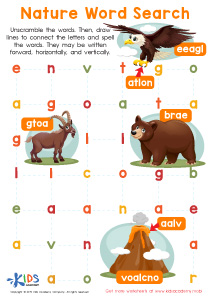Problem Solving Sight Words Worksheets for Ages 4-8
3 filtered results
-
From - To
Discover engaging "Problem Solving Sight Words Worksheets" designed specifically for children ages 4-8. These interactive worksheets not only enhance sight word recognition but also develop critical thinking and problem-solving skills. Each activity encourages young learners to read, comprehend, and apply their knowledge in fun and meaningful ways. Perfect for home or classroom use, our thoughtfully crafted exercises provide a supportive environment for helping children build confidence in their reading abilities. Access a variety of age-appropriate materials that bring excitement to learning while promoting important literacy skills essential for academic success. Start boosting your child's development today!
Problem Solving Sight Words play a crucial role in the literacy development of children aged 4-8. These foundational, high-frequency words are critical for reading fluency and comprehension, unlocking the door to more complex texts as children progress in their reading skills. By integrating sight words into early education, parents and teachers foster not only word recognition but also problem-solving skills, as children must learn to decipher context, use clues, and apply logic to understand meaning.
Moreover, teaching these words in context encourages children to become active readers, enhancing their engagement with texts. When they encounter familiar sight words, their confidence in reading grows, promoting a positive attitude toward learning. This early success lays the groundwork for future academic achievements and a lifelong love for reading.
Additionally, educators can use playful strategies to teach sight words, making learning enjoyable and interactive. Activities like games, songs, and storytelling can capture a child's imagination while reinforcing sight word recognition. Ultimately, by prioritizing Problem Solving Sight Words, parents and teachers create a solid foundation in literacy, equipping children with essential tools for intellectual growth and lifelong learning. This investment in early education translates into brighter futures for young learners.
